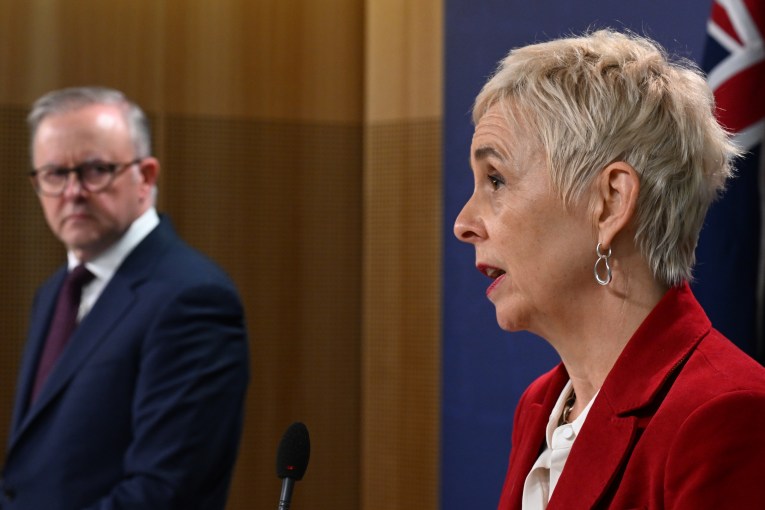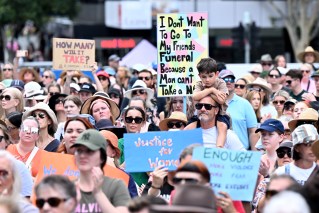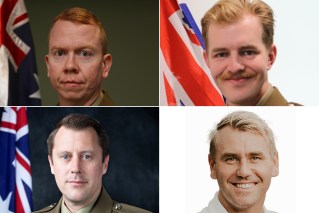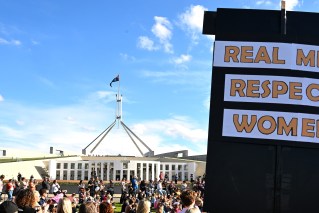Hannah’s legacy within reach: AG seeks national approach go coercive control laws
Attorney-General Mark Dreyfus remains confident an agreement will be reached with state and territory counterparts on a nationally consistent approach to coercive control.
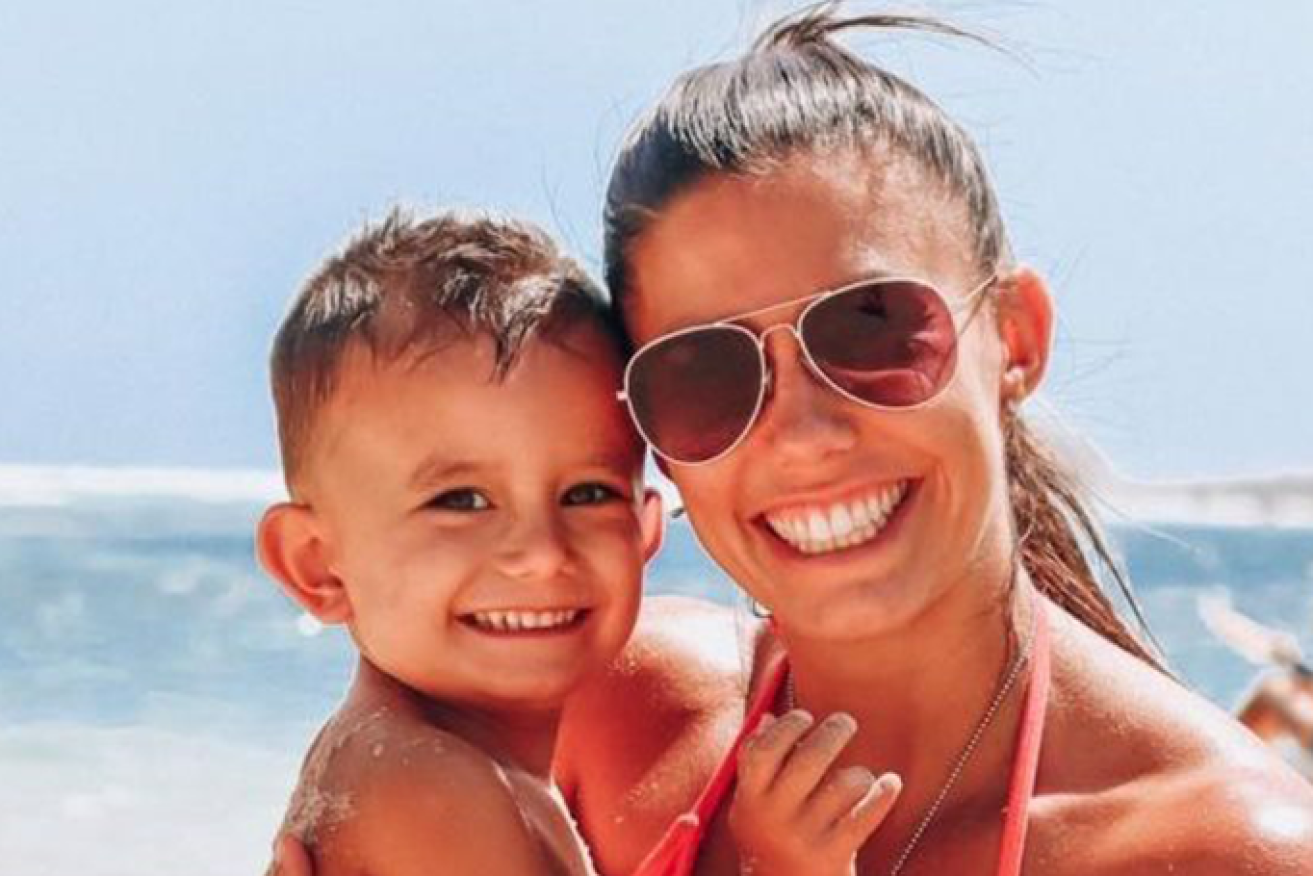
Domestic violence murder victim Hannah Clarke with her son, Trey.
State and territory attorneys-general will meet with Dreyfus, along with New Zealand’s justice minister, to examine strengthening criminal justice responses to sexual assault.
Dreyfus said a nationally consistent approach to the laws would allow for coercive control to be better understood.
“If we can get national principles agreed, if we can get a better community awareness of what coercive control is, we can start to take steps to eliminate this conduct,” he told ABC radio on Friday.
“Part of it might be criminalising, but a big part of it is just getting this behaviour recognised. Everyone that’s talked about this … says it’s very difficult to recognise.”
A working group is already developing national principles to address coercive control following the killing of Hannah Clarke in 2020.
Clarke’s death sent ripples around the nation after her estranged husband used petrol to set her and her three children on fire in Brisbane.
Some jurisdictions, including Queensland and NSW, have moved to criminalise coercive control.
Dreyfus said while some states have moved to legislate, other jurisdictions have indicated they did not need to due to their own criminal code.
“We don’t have consistent criminal law across Australia. Every state has its own criminal laws and different legislation,” he said,
“I’m confident we’re going to reach this agreement on releasing draft national principles about coercive control.”
Discussions will also encompass criminal justice responses to sexual assault following former Australian of the Year Grace Tame addressing the attorneys-general meeting in November.
The federal attorney-general said the national approach would be a critical first step.
“The states that are talking about criminalising it are talking about adopting some definition that makes it clear what behaviour it is that we’re trying to criminalise,” he said.
“I’m hoping they’ll be agreed on and released today for consultation.”
1800 RESPECT (1800 737 732)
Lifeline 13 11 14
